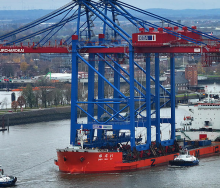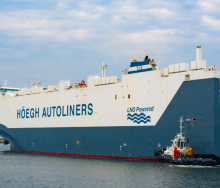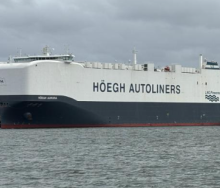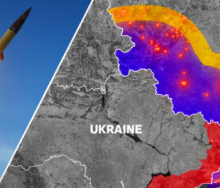As South Africa approaches the 2024 elections, the African National Congress (ANC) faces mounting pressure as it seems increasingly unlikely that the party will secure a majority of 50% or more. Political analysts and experts are predicting a challenging electoral landscape for the ANC, which has been the ruling party since the end of apartheid.
According to Dr Ongama Mtimka, CEO of the Lawula Group, the ANC's support base has been gradually eroding over the years due to a variety of factors, leading to an overall decline in popularity which in turn has resulted in a more fragmented political landscape, with smaller opposition parties gaining traction and challenging the ANC's dominance.
"There is no way that we will see the ANC get more than 50% of the votes," he told delegates attending the annual Road Freight Association conference recently held in George.
While the ANC is still expected to remain a significant player in the political arena, projections that its vote share may fall below the critical 50% threshold would necessitate forming a coalition government. This scenario has been increasingly discussed and anticipated.
"We can expect more coalitions to form between the ANC and other parties, such as the Democratic Alliance (DA) and the Economic Freedom Fighters (EFF). These potential coalitions could provide the ANC with the necessary support to secure a governing majority, albeit with compromises and policy adjustments to accommodate the various parties' interests," he said.
Mtimka said the upcoming election was considered a critical juncture for South Africa, as the outcome will significantly affect the country's political direction and policy trajectory. The ANC must address public concerns, regain trust, and present a compelling vision for the future to secure electoral success.
While the ANC's electoral challenges raise questions about the party's ability to maintain its traditional stronghold, it is essential to note that South Africa remains an attractive investment destination regardless of the political landscape. However, Mtimka emphasised the importance of political stability and effective governance to ensure a conducive economic growth and development environment.













